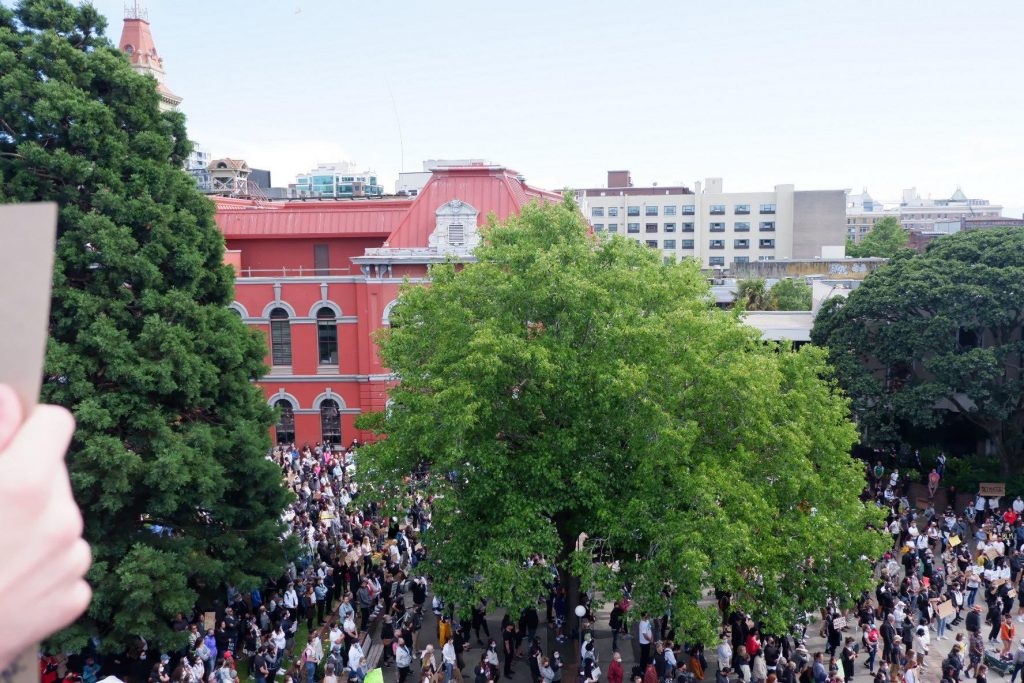
Black History Month
Let’s talk about race and food insecurity
February is Black History Month and we’d like to use our platform to highlight a long-standing issue in Canada: the intersection between food insecurity and race.
We know that food insecurity adversely affects Black communities (to the tune of 3.5 times more often than white Canadians). According to PROOF, 1 in 8 Canadian households report as being food insecure. Within that data, 10% of those households are white. 28.4% are Black. And the demographic most affected? Children.
Food insecurity is just as much a race issue as it is an income issue. When it comes to support, we need to shift our collective focus from a narrative that discusses a lack of food, to a narrative that discusses a lack of access and inequality. In order to address this, we need to challenge the Anti-Black systems in place in Canada.
As we advocate for healthy food for all, we need to learn about the intersectionality within food insecurity. The Food Justice movement embraces this narrative. It advocates for access to affordable, healthy, culturally appropriate food for all members of the community. For secure, living wage jobs in a safe environment for all food system workers–including, but not limited to, farmworkers, food service workers, and workers in food processing plants. It also advocated for the removal of barriers from the positions of power that make the decisions surrounding these issues. Those most affected by systemic, Anti-Black Racism deserve the biggest voice when it comes to remediation and future change.

As we continue to live through a global crisis, more households than ever are becoming food insecure. The work is not done. The work is just beginning.
How can you help? Acknowledge how Anti-Black Racism manifests in Canada on both an individual and community level. Work to support and push forward policies that aim to eliminate Anti-Black Racism. We know that support is needed from all levels of government, throughout our education and health care systems, corporations and organizations.
To learn about Anti-Black Racism, food access, and food insecurity, we invite you to check out the resources linked below.